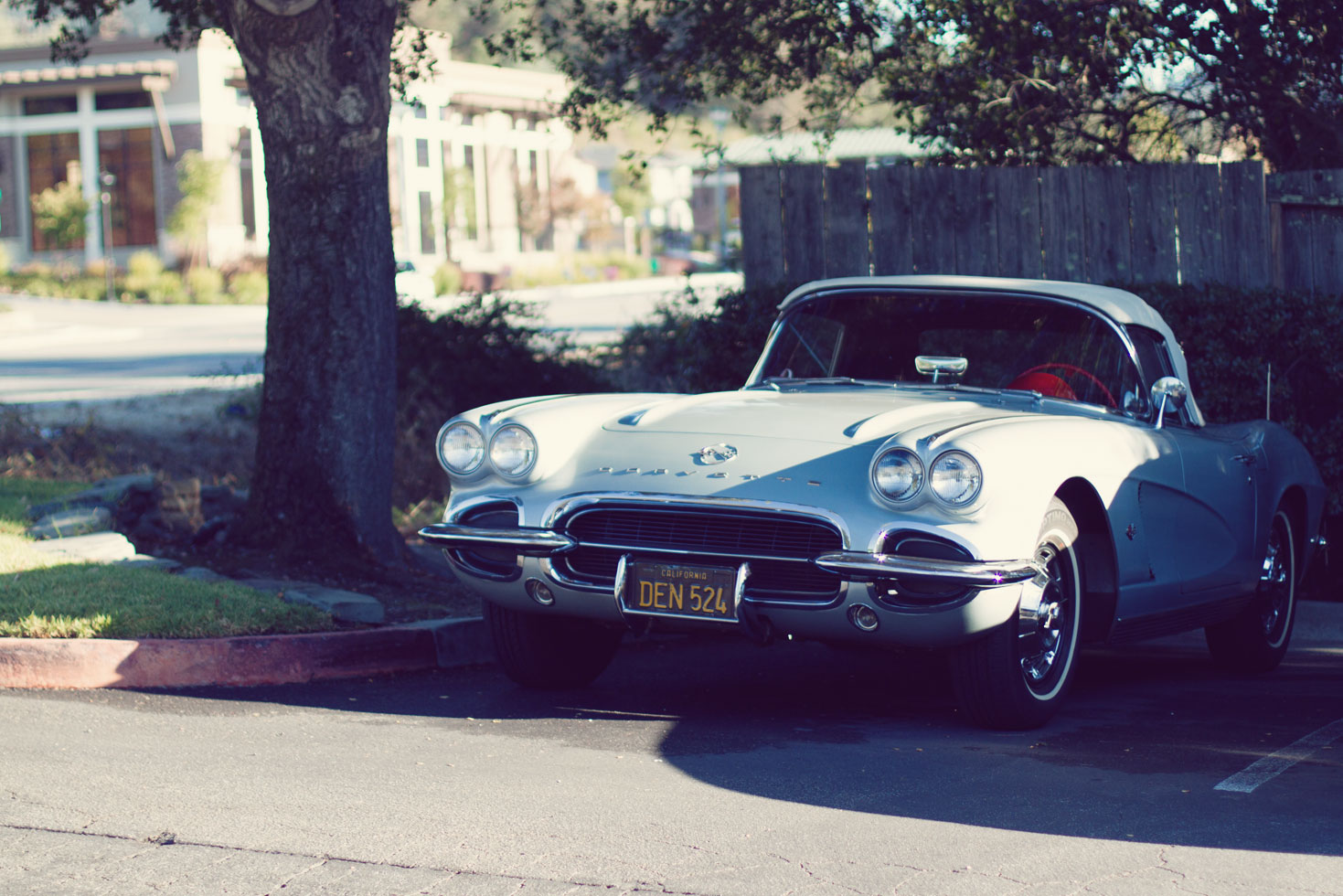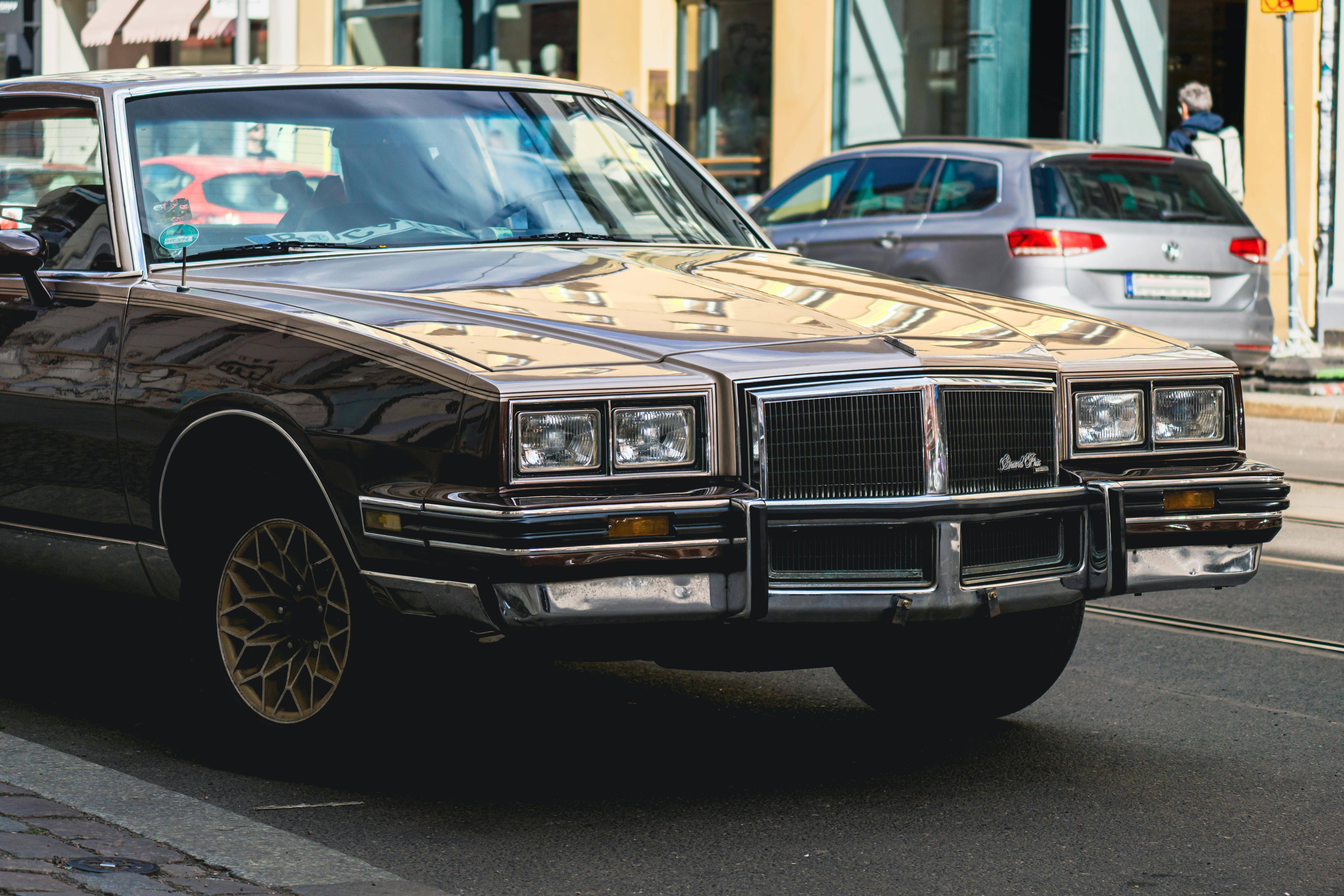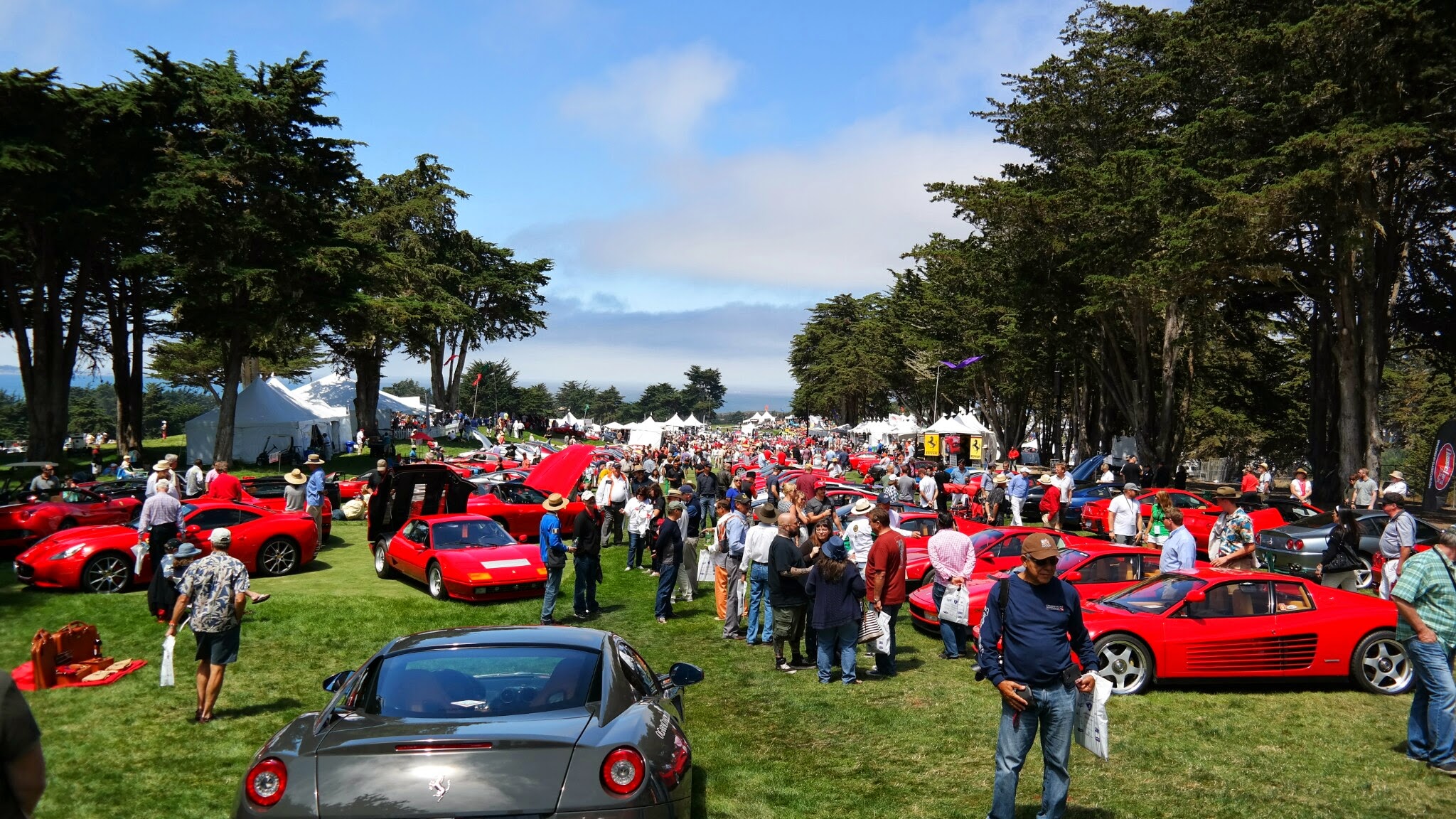Comparing Classics, Vintage & Antique Cars: What Sets Them Apart?
There is a lot of confusion on what exactly a classic car is, and what sets it apart from vintage and antique cars. We have heard the term "classic" used interchangeably when describing any old car that looks as if doesn't belong on the roads with the modern daily drivers.
How old are classic cars?
Usually, the classic car moniker applies to vehicles over 20 years old. Antique cars are over 45 years old, and vintage cars are built between 1919 and 1930. But as with many subjects in the motoring world, not everyone can agree on a single definition. State DMVs, insurance companies, and classic car clubs classify each one differently. And some classifications overlap between classics and antiques. For example, some consider classic cars to be at least 25 years old but not older than 45 years, while vintage cars are 30 years or older. Antique cars are even older, with some describing them as pre-war cars.
Countries worldwide take the classic car classification a step further, and add to the confusion unfortunately.
How Countries Classify Classic Cars
Here are how each country classifies classic cars upon import:
- Australia: 25 years
- EU: 30 years old
- United Kingdom: 30 years old
How US States Classify Classic, Vintage & Antique Cars
The state of California has a very broad classification on what a "classic" car is, and they do not differentiate between classics, vintage, and antique cars. According to California DMV, if the vehicle was manufactured after 1922, and is at least 25 years old, it is a Historical Vehicle. However, if it has a 16-cylinder or larger engine, and is manufactured between 1922 and 1965, it gets classified as a Horseless Carriage. Modified cars and replicas aren't considered to be part of either category, so this disqualifies resto-mods and street rods from ever being considered classic cars in California.
Insurance Companies Take On Classifying Classic Cars
Insurance companies set their own guidelines on what they define as a classic car. According to Hagerty, cars from 1900 to 1979 are considered either Antique or Classic. If the car is manufactured in 1980 or later, it is considered a collector car.
The Classic Car Club of America is even stricter in their description of classics. They only consider cars between the years 1915 and 1948 to be classic. The CCCA goes another step further, and only includes vehicles "distinguished by their respective fine design, high engineering standards and superior workmanship."
Interested in classic cars from the 1970s? Discover our guide to the most valuable American cars from the 1970s and their current market values.
You May Also Like
These Related Stories

How to Buy a Classic Car in the USA for Export

Tariff-Free Classic Car Imports from Canada & Mexico: 2025 Surge

-093789-edited.png?width=220&height=79&name=wcs_final_logo_(1)-093789-edited.png)
